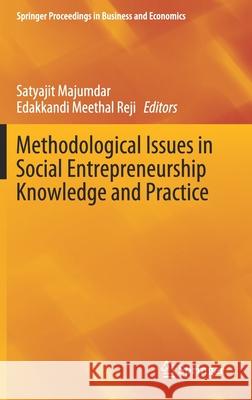Methodological Issues in Social Entrepreneurship Knowledge and Practice » książka
topmenu
Methodological Issues in Social Entrepreneurship Knowledge and Practice
ISBN-13: 9789811397684 / Angielski / Twarda / 2019 / 250 str.
Kategorie:
Kategorie BISAC:
Wydawca:
Springer
Seria wydawnicza:
Język:
Angielski
ISBN-13:
9789811397684
Rok wydania:
2019
Wydanie:
2020
Numer serii:
000474980
Ilość stron:
250
Waga:
0.54 kg
Wymiary:
23.39 x 15.6 x 1.6
Oprawa:
Twarda
Wolumenów:
01
Dodatkowe informacje:
Wydanie ilustrowane











